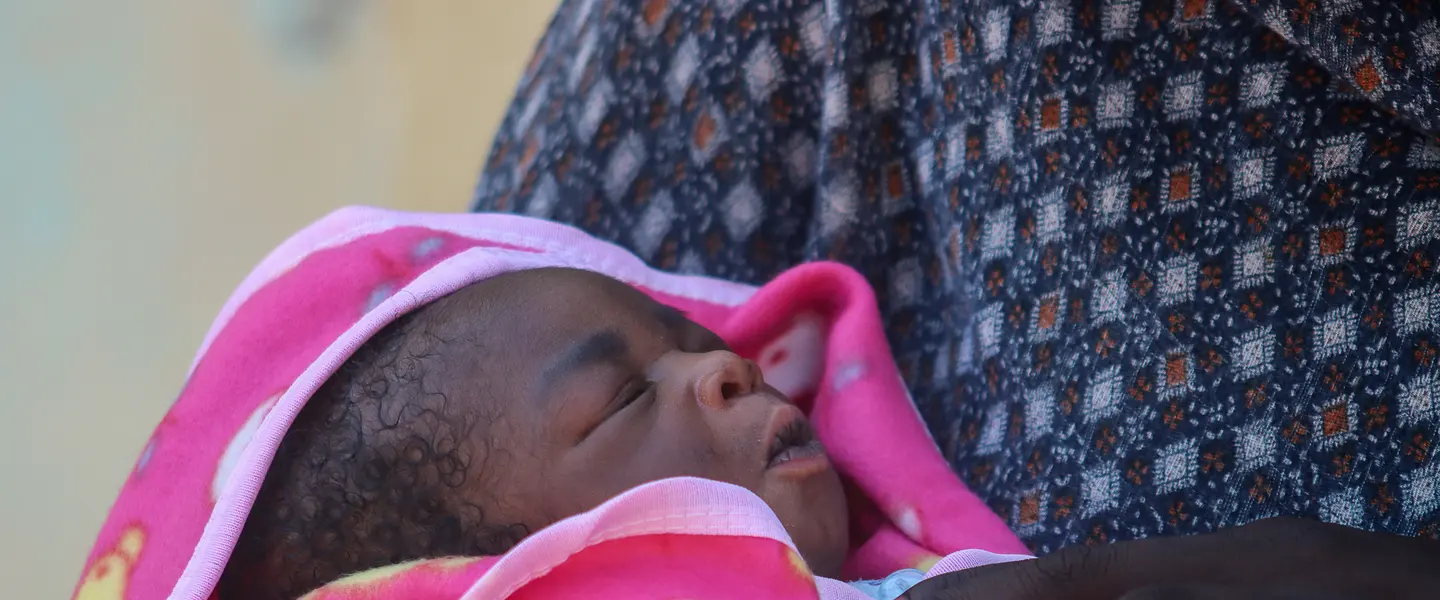
Over 2 Million Babies Born Into Sudan's War: Save The Children
The estimate is based on recent UN data indicating about 1.3 million babies will be born in Sudan in 2024, combined with Save the Children's estimates for the first year of the conflict. It is estimated that about 4,000 babies are born on average every day in Sudan, which has a population of about 50 million.
The ongoing war in Sudan erupted on April 15, 2023, between the Sudanese Armed Forces (SAF) and the Rapid Support Forces (RSF) militias. The RSF is led by General Mohamed Hamdan Dagolo, better known as Hemedti, a key mover in the fast-escalating civil war, as he has been in other key moments in Sudan's recent history.
Hemedti's Rapid Support Forces is led by Darfurian Arabs known as Janjaweed. The term refers to the armed groups of Arabs from Darfur and Kordofan in western Sudan. Drawn from the far west of the country's periphery, they have – in a mere decade – become the dominant power in Khartoum. And Hemedti has become the face of Sudan's violent, political marketplace.
Up to 80% of hospitals in the worst-affected areas have closed, and two out of three people do not have access to essential health services, according to the International Committee of the Red Cross (ICRC). Medical staff, supplies, safe water, and electricity are in short supply. Medical personnel, facilities, transport, and supplies are also coming under attack.
The first 28 days of a child's life – the neonatal, or newborn period – is the most dangerous and carries the highest risk of death. It is also the most dangerous period for the newborn's mother. Even before the war broke out in April 2023, Sudan had one of the highest maternal mortality rates in the world, according to the UN.
The World Health Organization (WHO) has verified over 100 attacks on healthcare in Sudan since the start of the conflict, a number it says is a large underestimate. The UN health body recently condemned an attack by RSF militias on the only maternity hospital in El Fasher, North Darfur, while Sudan's largest referral maternity hospital in Khartoum has been out of action since 2023, having closed again this August one day after reopening.
“My wife gave birth to our youngest, a baby girl, the day the war started at four o'clock in the afternoon,” said Amar Osman, a Save the Children child protection worker based in El Fasher.“The battles had just reached El Fasher and everyone was moving. The medical staff asked us to evacuate the hospital because it was being targeted. My wife and I and our newborn child fled the hospital. When we got home, I found my children in the care of their aunt, terrified. The children's aunt had protected them from the shelling by hiding them in the kitchen.” Osman sent his wife and children away from El Fasher earlier this year for their safety.
The risks to babies and their mothers have been compounded by staggering rates of hunger and malnutrition. Over half of Sudan's population, or 25.6 million people, are facing crisis levels or worse of hunger, with one in four – 8.5 million – on the brink of or facing famine-like conditions. Children born to malnourished mothers are at higher risk of fetal growth restriction, which contributes to poorer health outcomes later in life and increased neonatal mortality.
“Babies in Sudan are being born into a nightmare in one of the world's worst humanitarian catastrophes right now,” said Mohamed Abdiladif, Interim Country Director for Save the Children in Sudan.“With 80% of health facilities closed amid a collapsing health system, many pregnant women are giving birth without access to the lifesaving care that they and their children need. Sudan's food crisis means that mothers are missing out on the nutrition they need during pregnancy and childbirth – with dangerous and irreversible consequences for their children's survival, growth and learning.”
Save the Children is calling on the international community to take urgent political action to address this crisis, for an immediate ceasefire and meaningful progress towards a lasting peace agreement, and for more funding to strengthen health systems.
The UN's coordinated $2.7bn response plan for Sudan is only 51% funded while funding for health programs is less than half (47%).
Save the Children has worked in Sudan since 1983 and is currently supporting children and their families across Sudan providing health, nutrition, education, child protection food security and livelihoods support. Save the Children also supports refugees from Sudan in Egypt and South Sudan. In Khartoum, Save the Children is supporting two health facilities with medicines and healthcare workers. They also provide cash assistance to families so that they can buy food for their children.

Legal Disclaimer:
MENAFN provides the
information “as is” without warranty of any kind. We do not accept
any responsibility or liability for the accuracy, content, images,
videos, licenses, completeness, legality, or reliability of the information
contained in this article. If you have any complaints or copyright
issues related to this article, kindly contact the provider above.

















Comments
No comment